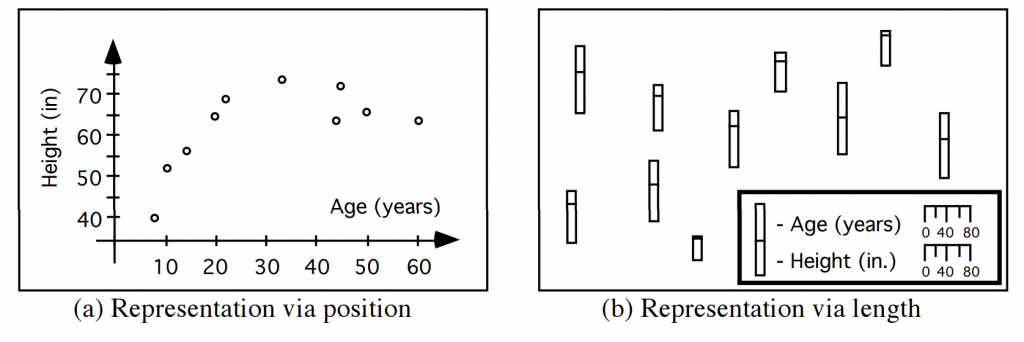For our first LAVA meeting this year (Feb 3, 2-3pm) Alison Myers (me!) will be doing an introduction to Tableau, with a short demonstration of some of the dashboards that Sauder Learning Services has developed over the past few years (many of you will likely have seen these dashboards in some form from past sessions).
From Alison:
This will be a speed run through of Tableau to introduce basic concepts, while briefly touching on some more intermediate functionality. If you are unfamiliar with Tableau – this will likely be “too fast” – but will hopefully give you a sense of the possibilities. If you are familiar with Tableau, then hopefully I might introduce a tip or trick you haven’t seen. If anyone has anything specific that they would like demonstrated or discussed – please feel free to reach out and let me know ahead of the session.
Tableau Desktop is available for a two week free trial for anyone, and available for free for a year at a time for students and faculty : https://www.tableau.com/trial/tableau-software.
